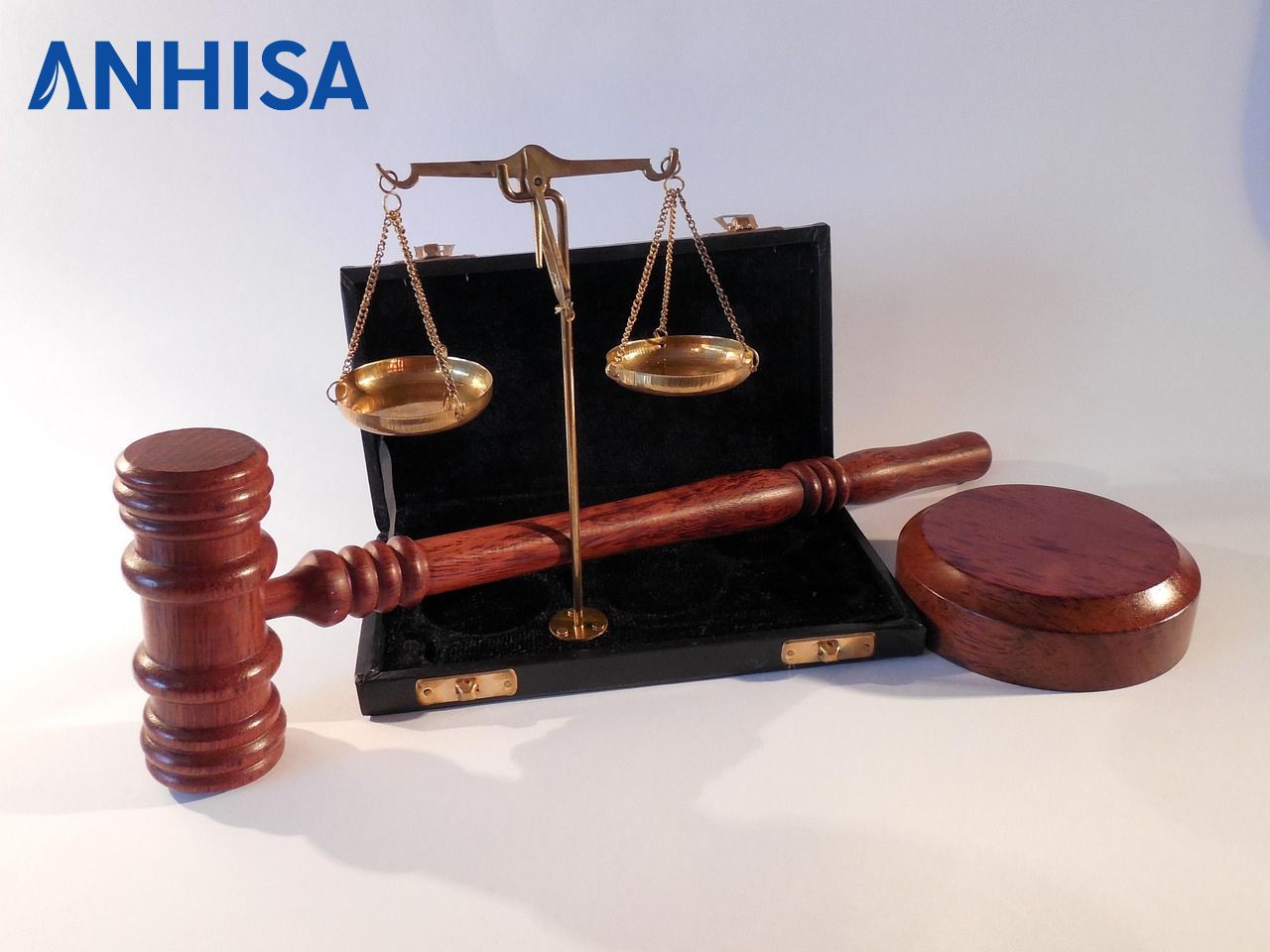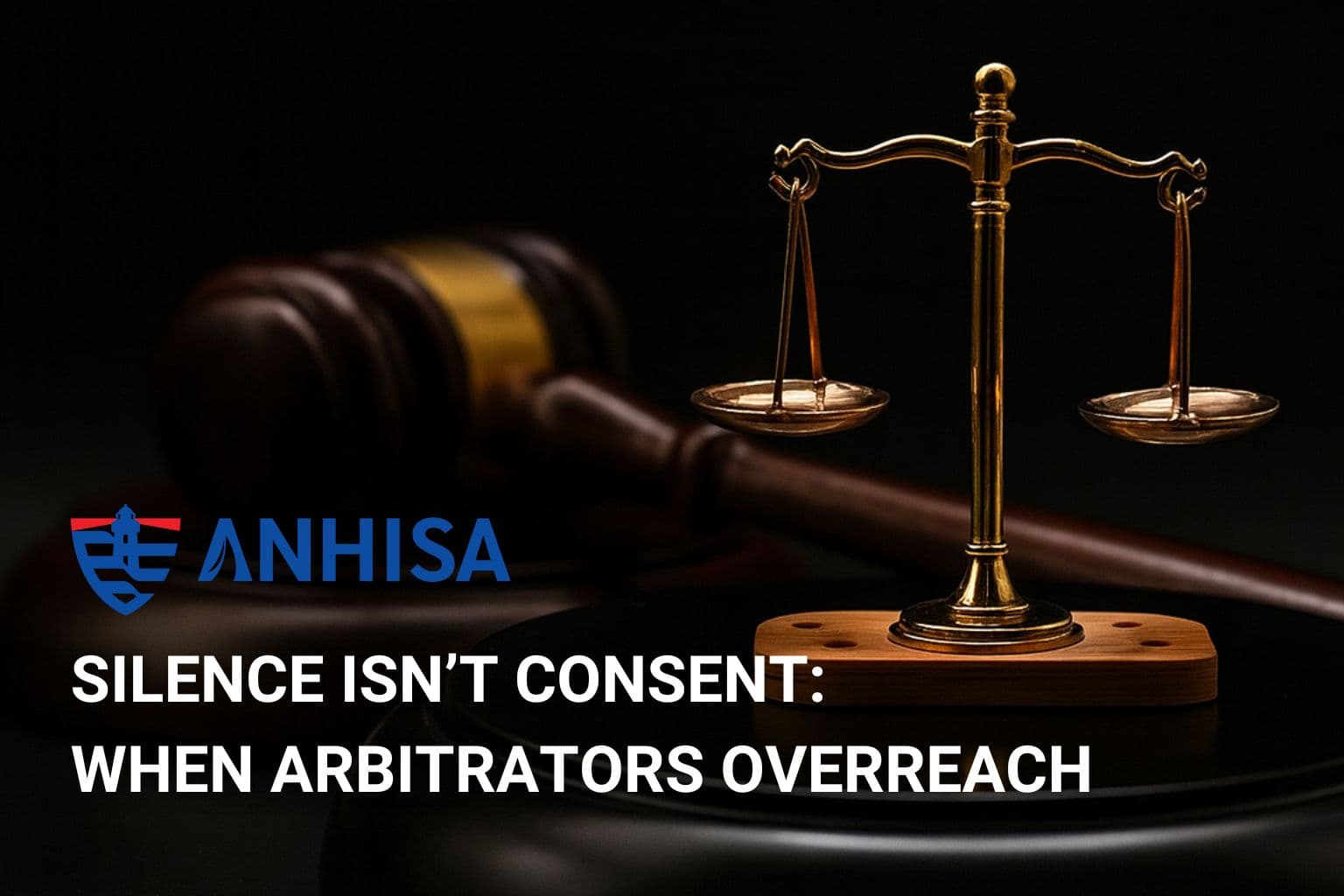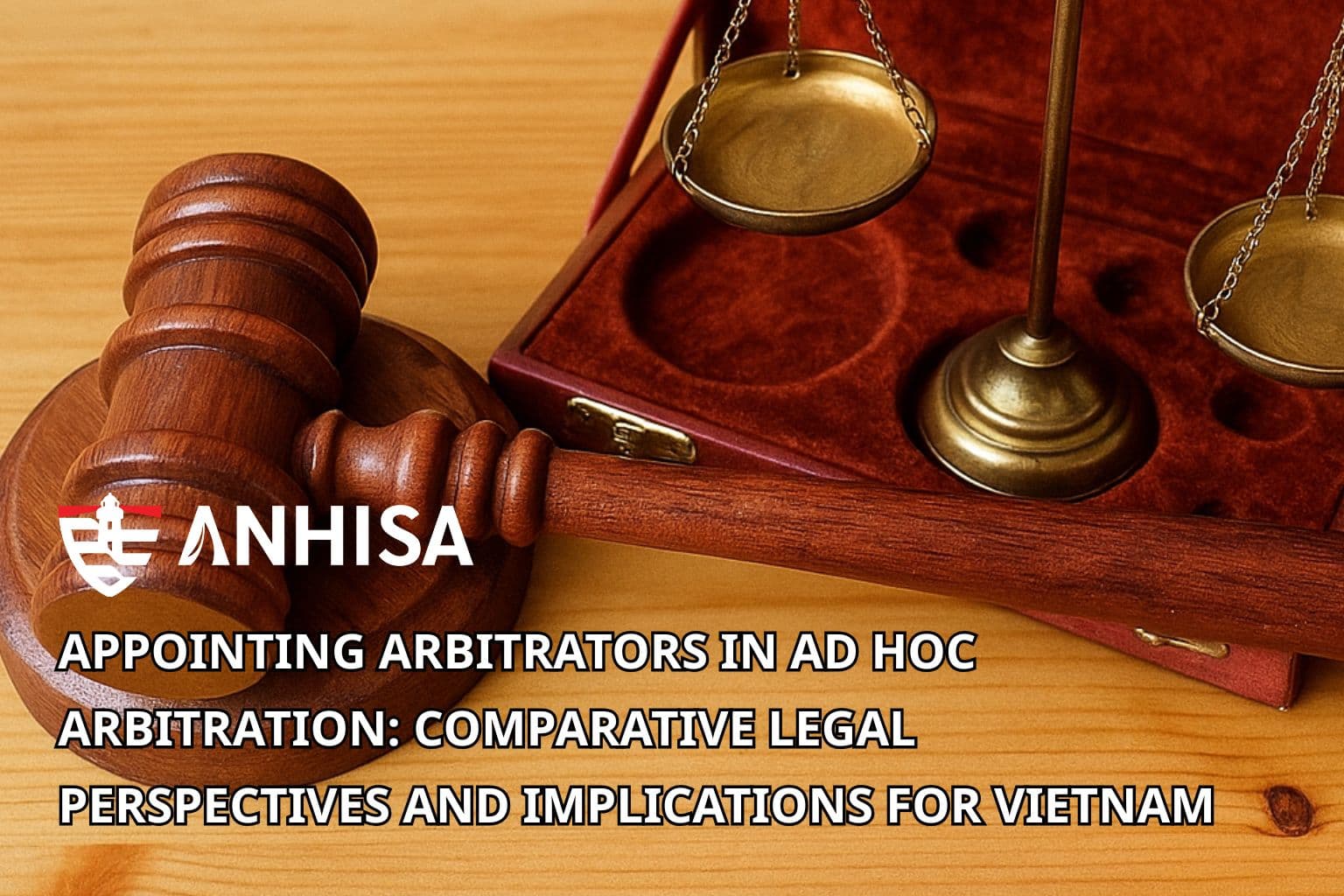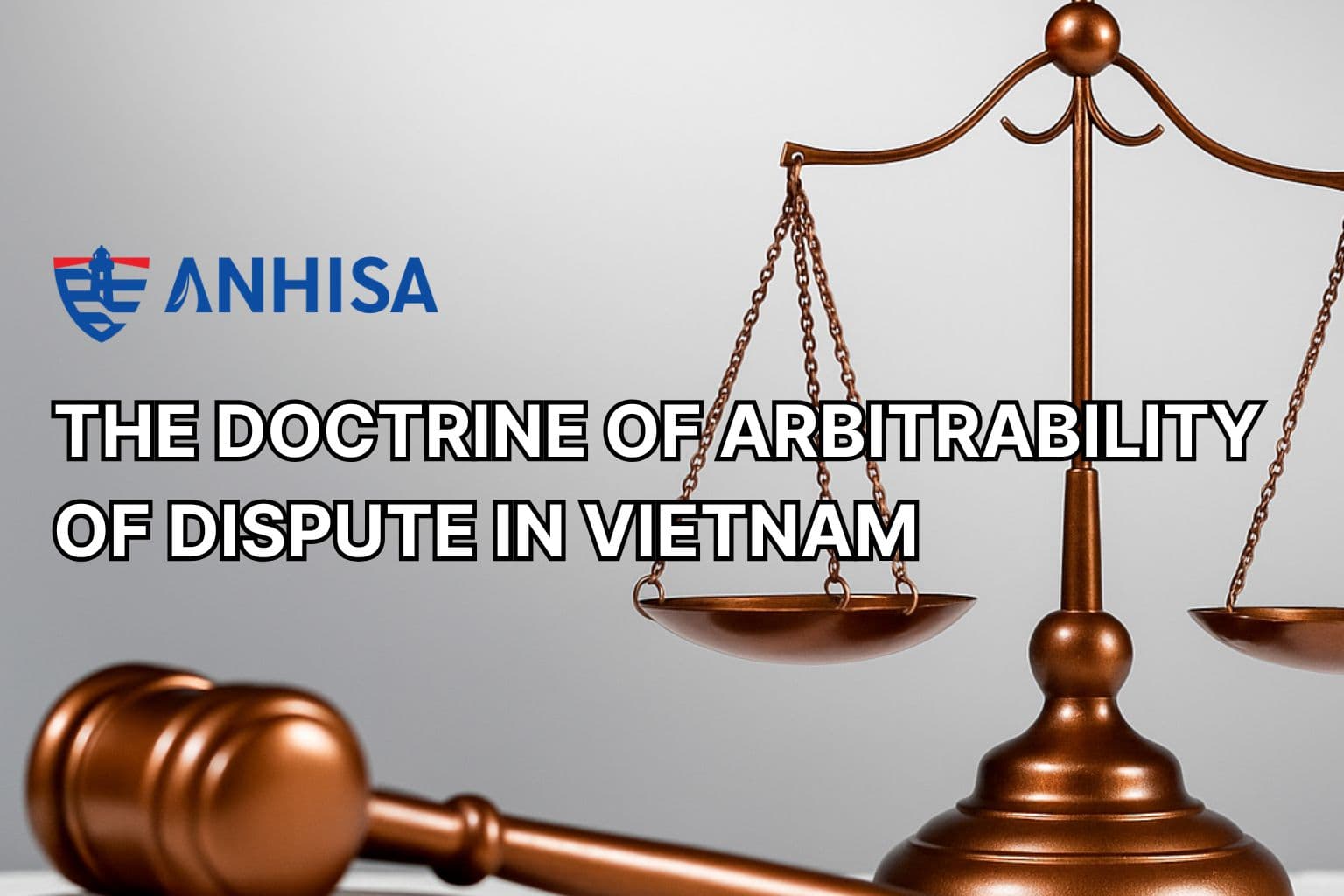COURT SETS ASIDE AN ARBITRAL AWARD DUE TO THE “ABSENCE OF ARBITRATION AGREEMENT” AND “DISPUTE IS NOT WITHIN THE JURISDICTION OF THE ARBITRAL TRIBUNAL”
August 01, 2025
The parties had agreed to a business cooperation to run an electronic gaming club for foreign patrons inside a hotel in Vung Tau. Controversies appeared, and they exchanged letters/emails to terminate the contract and renegotiate the specific arbitration institutions in replacement of the previously vague choice. While the arbitration centre was not mutually picked, a party initiated at its unilaterally picked centre. The Award then sentenced the Award Debtor to pay the Award Creditor as per the contract’s terms. The Court, upon the Award Debtor’s application, decided to set aside the entire Award and held that no valid arbitration agreement existed between the parties and that the Arbitration Centre therefore lacked jurisdiction, engagiang points (a) and (c) of Article 68 of the Law on Commercial Arbitration 2010 (“LCA 2010”).
Background
2017 Business-Cooperation Contract (BCC): On 28 April 2017, the parties signed BCC No 01/2017-BCC to operate an electronic gaming club for foreigners inside Hotel I, Vung Tau. Company V paid an 11.38 billion VND deposit; profits were to be shared monthly.
Breakdown and termination correspondence: At a meeting on 16 November 2022 the parties agreed in principle to terminate the BCC. On 25 November, Company D sent Letter 60 proposing to terminate the contract and inviting Company V to re-agree on the form of arbitration as well as choose the specific arbitral institution (among 4 options) if any dispute arose.
Unilateral filing at arbitration by Company V: Before answering that proposal, on 5 December 2022 Company V lodged a claim against Company D with the V2 Arbitration Center. It then emailed Letter 52-22 (dated 6 December) confirming termination of the BCC from 30 November 2022 but rejecting Company D’s list of arbitral venues. Company D received that email on 7 December 2022.
The Arbitration Award (No 09/22 dated 01 March 2023) by the sole arbitrator of the V2 Arbitration Center:
- Declared the BCC terminated from 30 November 2022;
- Awarded the 11.38 billion VND deposit to Company V;
- Ordered Company D to pay 13.288 billion VND as revenue-share for September-November 2022;
- Compelled Company D to cooperate in disposing of gaming assets and to bear any related costs; and
- Ordered Company D to reimburse 578 million VND arbitration fees.
THE SET ASIDE APPLICATION
On 10 March 2023 Company D petitioned the Ba Ria-Vung Tau provincial Court to set aside the award, arguing that:
- No agreed arbitration institution: Clause 13.1 of the BCC referred vaguely to “Vietnamese arbitration in accordance with the rules of the International Arbitration Centre in Vietnam beside the International Chamber of Commerce”, an entity that does not exist; therefore, no institution was designated. Under Article 43(5) LCA 2010 the parties had to re-agree but did not.
- Premature acceptance by the V2 Arbitration Center: the Arbitration Center accepted the claim on 5 December 2022, before the parties finished negotiating an institution, violating Article 43(5) LCA 2010.
- Jurisdiction objections ignored: Company D’s 19 January 2023 challenge to the V2 Arbitration Center’s jurisdiction was never resolved, contrary to Article 43(2) LCA 2010.
- Fundamental-principles breach: The BCC was allegedly a sham to conceal an illegal license- and premises-lease, infringing Decree 86/2013; upholding such a contract offended Vietnamese public policy.
- Procedural irregularities: the Arbitration Center served documents exclusively by email although electronic service had not been agreed; an arbitrator was said to have prior links with Company V.

Legal framework
Article 43 obliges tribunals to verify the validity of any arbitration agreement before addressing the merits.
Quote
“Article 43. Examination of the Validity and Enforceability of the Arbitration Agreement and the Jurisdiction of the Arbitral Tribunal 1. Before considering the merits of the dispute, the Arbitral Tribunal shall examine the validity of the arbitration agreement, whether the arbitration agreement is enforceable, and its own jurisdiction. If the case falls within its jurisdiction, the Arbitral Tribunal shall proceed to resolve the dispute in accordance with the provisions of this Law. If the case does not fall within its jurisdiction, or the arbitration agreement is invalid, or it is clearly determined that the arbitration agreement is unenforceable, the Arbitral Tribunal shall issue a decision to terminate the proceedings and immediately notify the parties thereof. […]”
Unquote
Article 68 LCA 2010 permits a court to set aside an award if, inter alia, the award contravenes fundamental principles of Vietnamese law, or no arbitration agreement exists, or the dispute is not within the jurisdiction of the arbitral tribunal (the dispute is beyond the tribunal’s mandate).
Quote
“Article 68. Grounds for Setting Aside an Arbitral Award
1.The court shall consider setting aside an arbitral award upon the request of any party.
2.An arbitral award shall be set aside if it falls under any of the following cases:
(a) There is no arbitration agreement, or the arbitration agreement is invalid;
[…]
(c) The dispute is not within the jurisdiction of the arbitral tribunal; in the event that part of the award concerns a matter beyond the tribunal’s jurisdiction, that portion shall be set aside.”
Unquote
The Court’s decision
Upon reviewing the case file, the Court and the Reviewing Panel concluded that, in fact, at the time Company V initiated arbitration proceedings against Company D at the V2 Arbitration Centre:
- The dispute resolution clause in the BCC reflects only a selection of procedural rules, and no specific arbitration centre as referenced therein actually exists. As such, the contract does not constitute a valid arbitration agreement between Company D and Company V.
- The two companies, through the corresponding process, had not entered into an arbitration agreement and had not finalized a renewed arbitration agreement.
- The Tribunal under the V2 Arbitration Centre violated Article 43.1 LCA 2010 by failing to examine the validity and enforceability of the arbitration agreement and its own jurisdiction, and nonetheless accepted the Statement of Claim, proceeded to adjudicate the case, and rendered an Award.
- Accordingly, the Award falls under the circumstances of “absence of arbitration agreement” and “dispute is not within the jurisdiction of the arbitral tribunal” (“the Arbitral Tribunal does not possess the jurisdiction”) as prescribed in Articles 68.2(a) and 68.2(c) LCA 2010.
- All in all, the Reviewing Panel annulled the entire Award 09/22 dated 01 March 2023 of the V2 Arbitration Centre.

Comment
This decision underscores certain recurring themes in Vietnamese arbitration practice that contracting/disputing parties should prudentially consider:
Separability: This is another case worth discussing in relation to the independence of the arbitration agreement from the underlying contract. The parties agreed that the contract would be terminated, yet they continued to dispute matters based on the arbitration agreement contained in that contract, and neither party (not even in the words of the Reviewing Panel of the Court) denied the existence of the arbitration agreement. This is consistent with Article 19 LCA 2010 regarding the independence of the arbitration agreement.
Quote
“Article 19. Independence of the Arbitration Agreement
The arbitration agreement is entirely independent from the contract. Any modification, extension, termination, invalidity, or unenforceability of the contract shall not affect the validity of the arbitration agreement.”
Unquote
Precision matters: When entering into arbitration agreements, the parties should verify the correct name of the selected arbitration centre to avoid disputes over the identification of the specific arbitral institution; once a dispute has arisen, it is virtually impossible for the parties to return to the negotiating table to agree on the arbitration centre.
Court’s examination scope: The Court’s reasoning clearly focused solely on the existence of the arbitration agreement and the jurisdiction of the Arbitral Tribunal, without addressing the arguments raised by the Award Debtor concerning the fact that the arbitral award dealt with the merits of the dispute even though the contract had been mutually agreed to be terminated; that the BCC was a sham transaction intended to conceal a casino license lease arrangement; and that it was contrary to the fundamental principles of Vietnamese law.
QUESTIONS LEFT OPEN FOR FURTHER DISCUSSION:
We draw your esteemed audience’s attention to certain points in the Court’s reasoning:
- The Court held that there was “no arbitration agreement” between the parties, and that Article 13.1 of the BCC was “merely a selection of procedural rules” despite the fact that Article 13.1 of the BCC appears to clearly reflect the parties’ mutual intention to “agree” on arbitration as the method for resolving disputes.
- Moreover, the reasoning of the Reviewing Panel, when referring to Article 43.5 LCA 2010, suggested that Company V should have responded to Company D by expressly rejecting the arbitration centres proposed by D while concurrently proposing the V2 Arbitration Centre as an alternative.
- This could be interpreted as an implicit acknowledgment that the parties “did have an arbitration agreement but […] the specific arbitral institution could not be identified”. In conjunction with the separability principle, there is evidence indicating that an arbitration agreement did exist between the parties under Article 13.1 of the BCC, but that Claimant Company V failed to complete the procedural step of re-confirming the arbitral institution with Company D – therefore, the V2 Arbitration Centre lacked jurisdiction over the dispute. Accordingly, the arbitral proceedings’ violation of Article 43.1 of the LCA 2010 also results in the Award being set aside pursuant to Article 68.2(b) LCA.
This article aims to furnish our clients and contacts with general information on the relevant topic for reference purposes only, without creating any duty of care on the part of ANHISA. The information presented herein is not intended to serve, nor should it be considered, as a substitute for legal or other professional advice.
ANHISA LLC AND OUR EXPERTISE
ANHISA LLC is a boutique law firm specializing in Dispute Resolution, Shipping and Aviation. Being the leading lawyers in various fields of law, our qualified, experienced, and supportive team of lawyers know how to best proceed with a case against or in relation to Vietnamese parties and are well equipped to provide clients with cost-effective and innovative solutions to their problems.
Regarding dispute resolution, we have represented Vietnamese and foreign clients in the resolution of disputes involving maritime, construction, commercial and civil matters. Our lawyers are well-equipped to offer services on a wide range of disputes and conflicts, whether cross-border or purely domestic, to appear before any Judges or Arbitral Tribunals. The firm is prepared to assist clients in designing the appropriate dispute resolution procedure to help resolve conflicts as efficiently and cost effectively as possible, which may involve combining elements of mediation and other methods such as arbitration.
Related posts

SILENCE ISN’T CONSENT: WHEN ARBITRATORS OVERREACH
November 27, 2025

APPOINTING ARBITRATORS IN AD HOC ARBITRATION: COMPARATIVE LEGAL PERSPECTIVES AND IMPLICATIONS FOR VIETNAM
October 08, 2025

PARTIES TO AN ARBITRATION AGREEMENT
October 01, 2025

THE DOCTRINE OF ARBITRABILITY OF DISPUTE IN VIETNAM
September 24, 2025
- TEL:
- Hanoi Office: +84 24 320 47609
- Saigon Office: +84 28 5416 5873
- HOTLINE:
- +84 (0) 939 117 398
- +84 (0) 983 488 380

